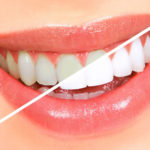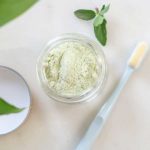A bright smile is an important part of making a good first impression, and stained teeth can be a real blow to your self-confidence. There are many reasons why your teeth may become discolored, from drinking coffee and soda to smoking and consuming foods high in fluoride. Discover some easy, natural ways to whiten your teeth with just a lemon!
1. Teeth Whitening with Lemon Peel
Lemon peel contains flavonoid compounds, pectin, and pectate Ca, which are effective in removing yellow stains from teeth.
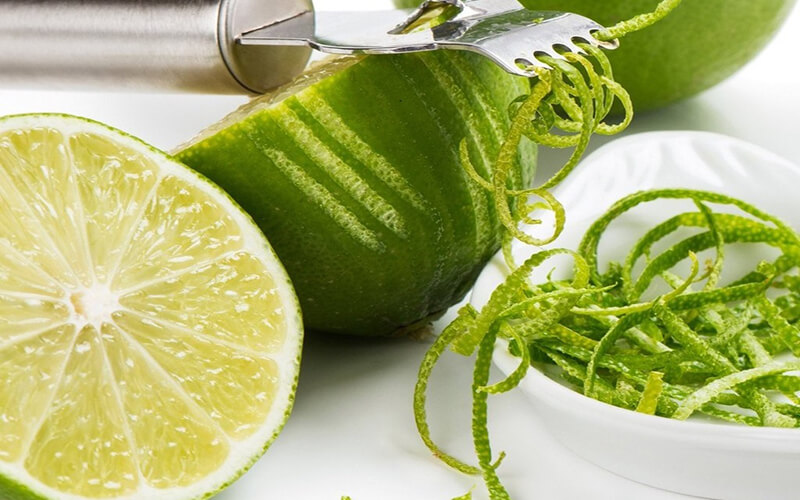
Instructions:
1. After juicing the lemon, dry the peel. Cut the peel into thin strips and grind them into a fine powder.
2. Add a small amount of water to the lemon peel powder and stir until you get a thick paste.
3. Apply the paste to your toothbrush and brush your teeth as usual. Brush thoroughly for about 3 minutes, then rinse your mouth with water.
For best results, use this method 3 times a week.
2. Lemon Juice Rinse
Rich in vitamin C and citric acid, lemon juice helps remove stains and leaves your breath fresh and minty.
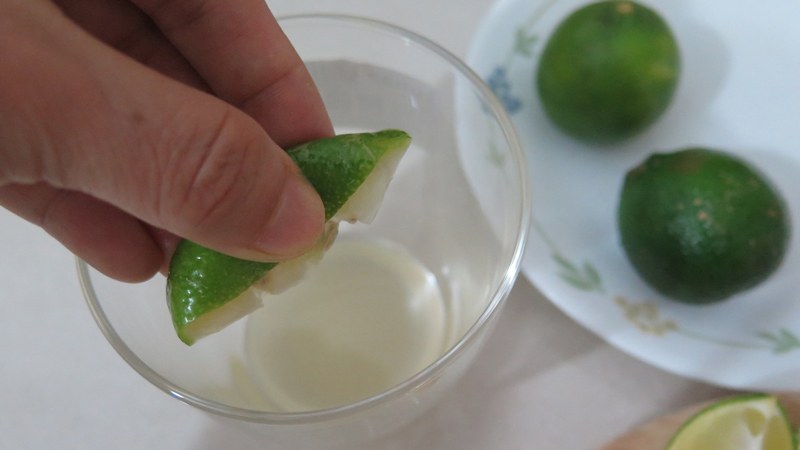
Instructions:
1. Squeeze the juice from half a lemon.
2. Dilute the lemon juice with half a glass of warm water and stir well.
Use this mixture as a mouthwash in the morning. Alternatively, soak a cotton pad in the solution and rub it on your teeth after meals to effectively remove food stains.
3. Lemon and Salt
This combination not only whitens teeth but also helps reduce gum swelling and toothaches.
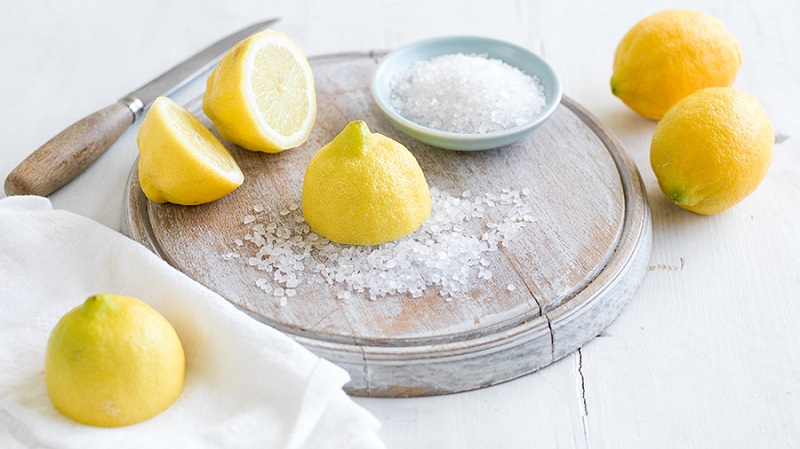
Instructions:
1. Squeeze the juice from one lemon.
2. Add a pinch of salt to the lemon juice and mix well.
Apply the mixture to your toothbrush and brush your teeth, making sure to reach all corners of your mouth. Brush for 2-3 minutes, then rinse with clean water.
It is recommended to use this method 2-3 times a week. Overuse may erode your tooth enamel due to the acidic nature of lemons.
4. Lemon and Baking Soda
Baking soda is a well-known teeth-whitening agent.
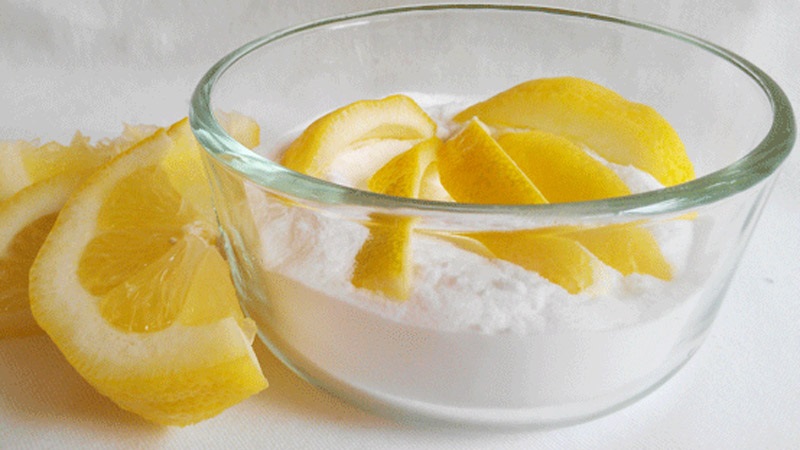
Instructions:
1. Squeeze the juice from half a lemon.
2. Add 2 teaspoons of baking soda and a little water to the lemon juice. Stir until you get a thick paste.
Use this paste as you would regular toothpaste. Brush your teeth for 2-3 minutes, allowing the acids in the mixture to remove stains. For a brighter smile and fresher breath, use this paste 2-3 times a week.
In addition to baking soda, you can also find teeth-whitening powders at our retail stores and other major supermarkets.
A simple ingredient like lemon can offer surprising benefits for your oral health. With these easy tips, you’ll be on your way to a confident, beautiful smile. Good luck!

























